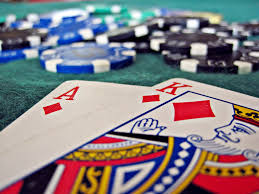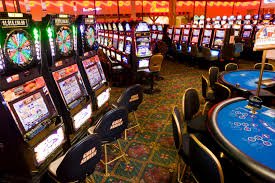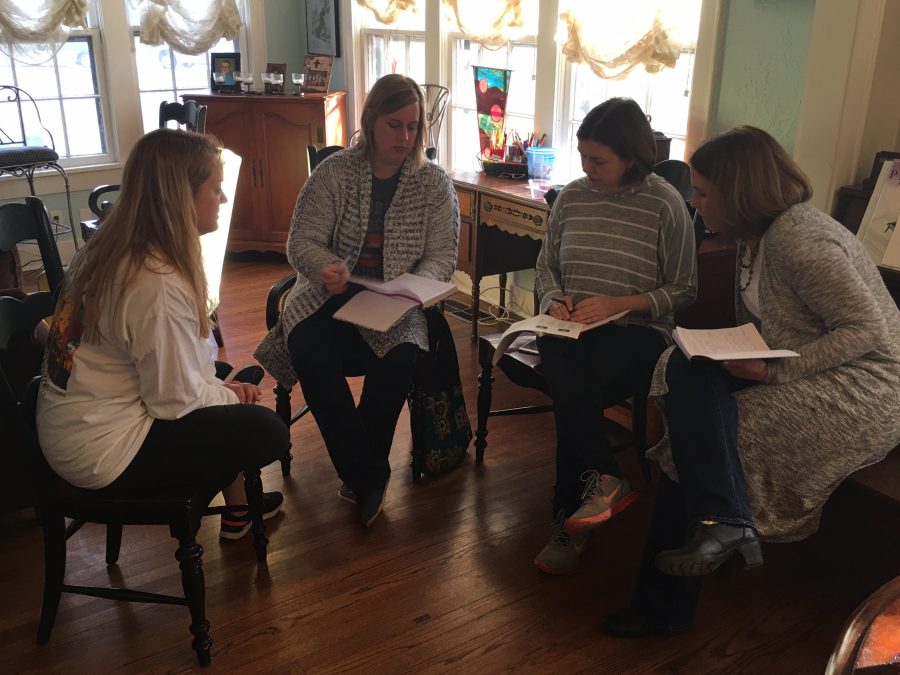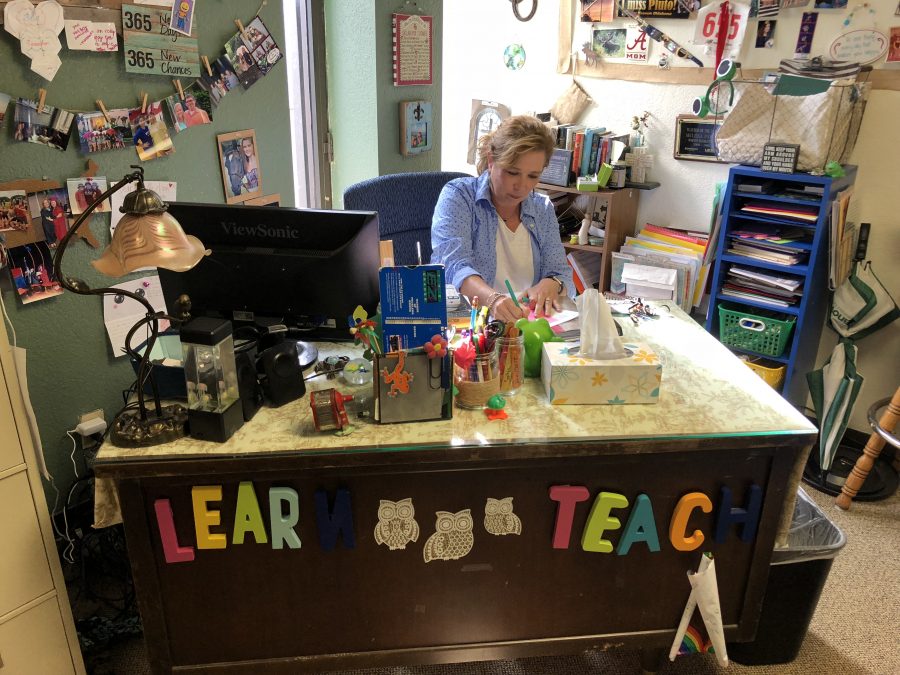As the teacher walkout intensified over the past week, the methods Oklahoma uses to obtain education funding came under extreme scrutiny.
Many took to social media to share their confusion, outrage and – most importantly – find answers.
Sonya Nevaquaya, former tribal leader and casino compliance officer, warned others via Facebook that they should be wary about how the state is using the money it receives from casinos.
“We, the tribes, get audited every single year to ensure the state is receiving every cent,” Nevaquaya wrote. “If there are findings, the state will fine the tribe. My question is: where has all of this money gone? Who is auditing the State of Oklahoma?”
The money she is referring to is a product of the Oklahoma State-Tribal Gaming Act that was passed in 2004. The measure enacted a Model Tribal Gaming Compact that permitted the use of new gaming machines and card games such as slots, poker and blackjack. These are all considered Class III gaming.


Native American tribes pay exclusivity fees for exclusive rights to run Class III gambling. The gaming compact sets these fees at 4 percent for a tribe’s first $10 million of adjusted gross revenues, 5 percent for the next $10 million and 6 percent for revenues over $20 million. Additionally, there is a 10-percent rate set on the monthly net win of prize pools for non house-banked card games.
The State of Oklahoma collected nearly $134 million in exclusivity fees for fiscal year 2017 – the most annual exclusivity fees collected since the inception of Class III gaming in Oklahoma, according to the Oklahoma Gaming Compliance Unit’s annual report.
As a result, the induced and indirect impact on the economic output on the State of Oklahoma is estimated to be just over $2.2 billion annually, which allows for a total economic impact of $7.2 billion, as stated by the Oklahoma Indian Gaming Association (OIGA) website.
The state distributes this revenue to three areas: the Education Reform Revolving Fund (1017 Fund), the General Revenue Fund and the Department of Mental Health and Substance Abuse Services. The Oklahoma Gaming Compliance Unit’s annual report for fiscal year 2017 shows that the GRF received $16 million and the 1017 Fund received $117.6 million. The ODMHSAS receives a set amount of $250,000 annually.
The 1017 Fund also consists of personal and corporate income tax, sales tax, a portion of cigarette and tobacco tax revenues, tribal gaming and horse track gaming revenues.
Yet, with all of this combined funding, there is still a budget crisis. Appropriations for State Bill 1616 showed that the 1017 fund appropriations dropped $32,881,504 between fiscal years 16 and 17 to $696,954,056.
The fact that Oklahoma has the nation’s largest number of tribal casinos, with tribes bringing in over $2 billion annually from Class III gaming, is causing residents to call for higher exclusivity fees.
“If the casinos can bring in this much money each year, then they can do more to help something as important as education,” Oklahoma resident Zak Bonds said. “If our education system improves, then so many other things will improve along with it. I think that’s worth investing a little extra in.”
Another gambling fund that has fallen under close inspection since last year is the Oklahoma Education Lottery Trust Fund.
At its inception, the State Board of Equalization was required to monitor the fund to ensure the lottery is adding to education funding rather than replacing it.

However, it was discovered in early 2017 that lawmakers had supplanted a little more than $10 million of lottery funding within the education fund, which is against the law.
Before appropriations for fiscal year 2018 could be made, lawmakers had to return the $10 million. Matt Holder, Oklahoma deputy superintendent of Finance and Federal Programs, confirmed that they had done so without further consequences.
Since then, many have been quick to point out that the lottery fund has not even come close to meeting their expectations.
“What you hear a lot around here is that the lottery never lived up to its promises,” said Rollo Redburn, executive director of the Oklahoma Lottery Commission.
However, Holder says there’s a good reason for that and used tribal gaming as an example.
“Tribal gaming in FY18 was projected to bring in about $138 million; our funding formula budget is $1.87 billion,” Holder said. “$138 million – while it is a large amount of money in the grand scheme of our total $2.4 billion budget that K-12 gets – it is really a small slice.”
He says this applies to the lottery trust fund as well.
As for how the money is divided, Holder stated that 45 percent of it goes toward K-12 education, 45 percent goes to higher education, 5 percent goes to a school consolidation assistance fund and 5 percent goes to teacher retirement. In fiscal year 2017, K-12 received $38.3 million.
This number seems a lot smaller when one takes into account the fact that each student receives $7,923.20.
Holder added that this is another problem they face when budgeting.
“The other factor that comes into play that doesn’t get talked about is that, over the past 10 years or so, we’ve had a growth of about 50,000 students,” he said. “The more students we get in here, the more costs goes up. The budget for education has not sustained that growth.”
Moving forward, Oklahoma is currently working on passing a bill that will allow Vegas-style roulette and craps tables.
If it becomes law, it is estimated to raise $22 million for the state in the first year and $45 million in the second year, said Sen. Greg McCortney, who penned the bill.
Senate Bill 1195 now awaits House consideration after a vote of 30-16.


